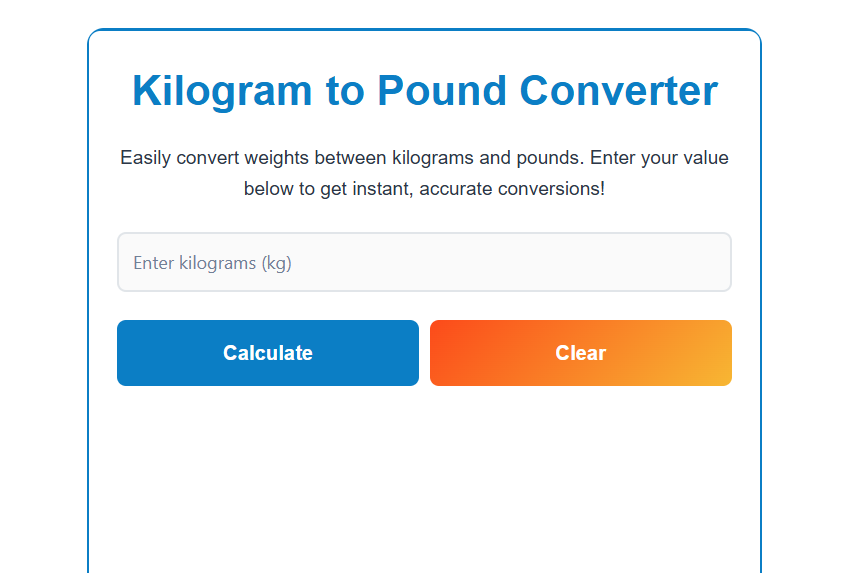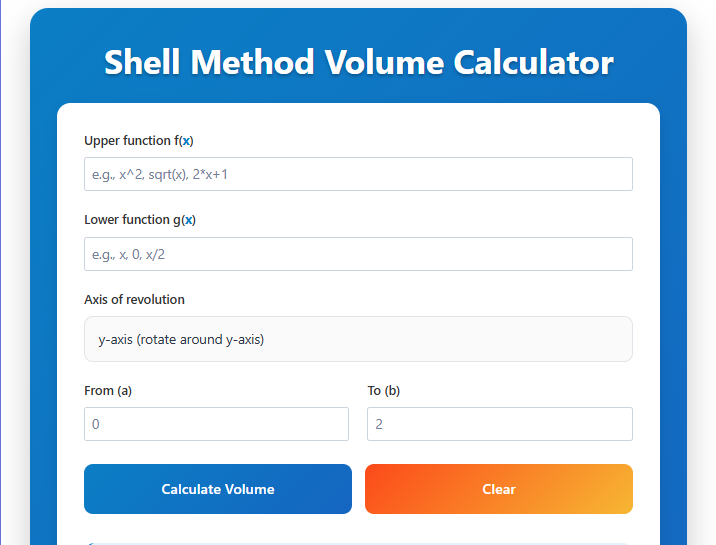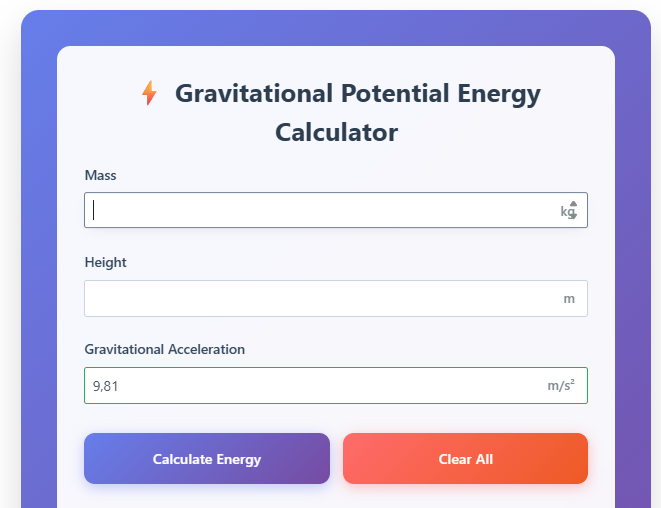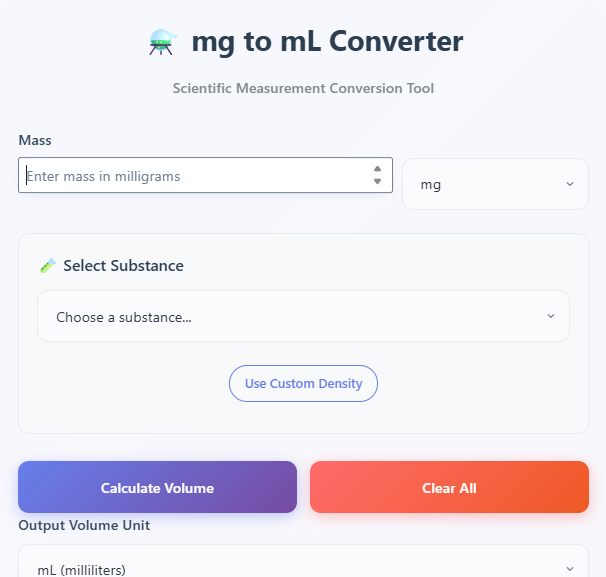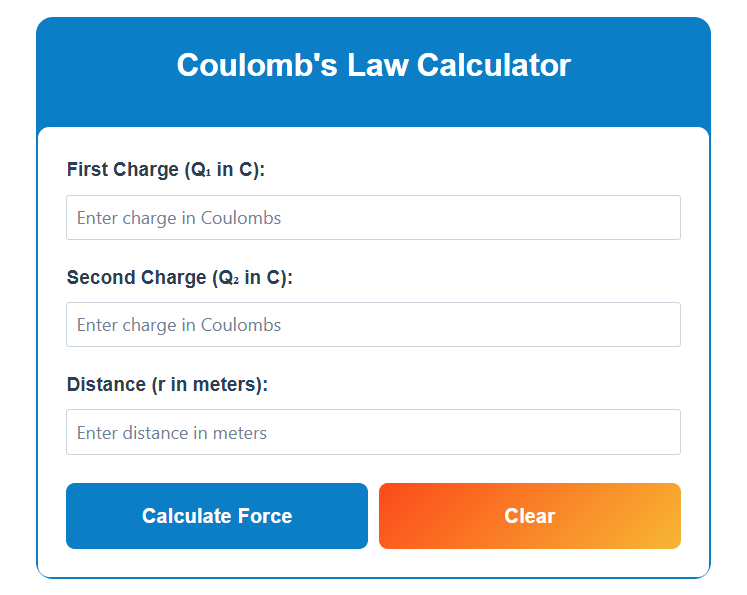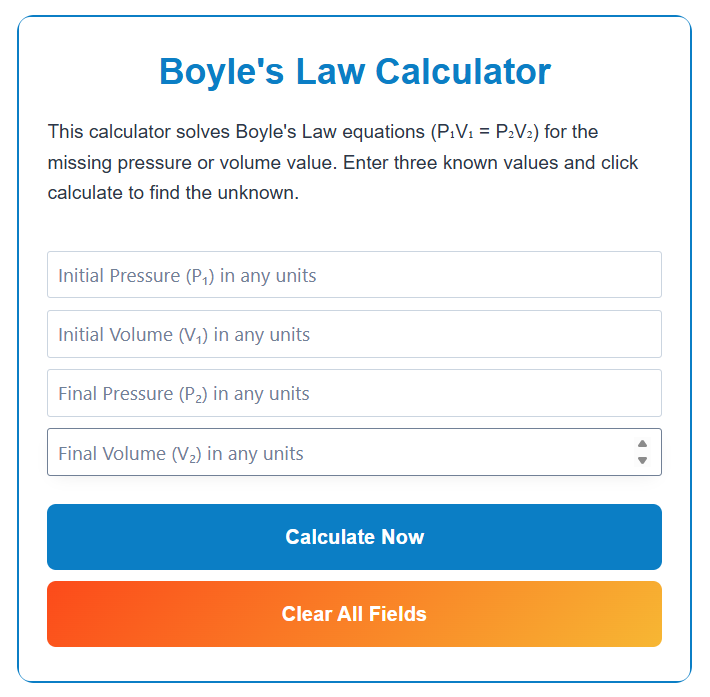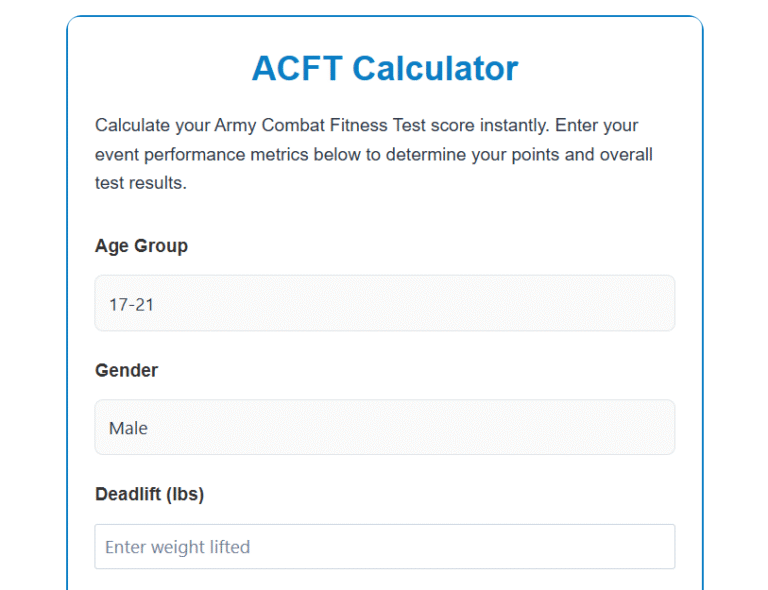Why kg-to-lbs Conversion Still Matters in Our Daily Lives (And How to Nail It)
Let’s be honest – most of us have stared at a kilogram measurement like it’s hieroglyphics. Whether you’re deciphering a European recipe, weighing luggage before a flight, or tracking fitness progress, the kg vs. pounds battle is real. I’ve lost count of how many times I’ve seen gym buddies panic when their new weightlifting app defaults to kilos. Here’s the thing: understanding kilograms to pounds isn’t just math homework – it’s a practical life skill in our globalized world.
Kilogram to Pound Converter
Easily convert weights between kilograms and pounds. Enter your value below to get instant, accurate conversions!
How to Use
- Enter weight in kilograms (kg) in the input field
- Click 'Calculate' for instant conversion to pounds
- Use 'Clear' to reset the calculator
- Read results in both metric and imperial units
Your No-Stress Conversion Cheat Sheet
Forget complex equations. The magic number you need is 2.20462. Multiply any kilogram value by this, and you’ve got pounds. But let’s keep it simple: 2.2 works for everyday needs. Trying to convert 75 kg? 75 × 2.2 = 165 lbs. Easy enough to do mentally while packing your suitcase or comparing produce prices at the international market.
Pro tip: Bookmark a kg-to-lbs converter [link to your tool] for precise calculations. I keep mine right next to my recipe bookmark folder – you’d be surprised how often Australian baking blogs sneak in those metric measurements!
Why This Simple Skill Packs a Punch
Three areas where kg conversions save the day:
- Fitness Tracking: Most gym equipment outside the U.S. uses kilos. Knowing that 20kg on the leg press is roughly 44 lbs helps you maintain workout consistency
- International Shopping: That trendy Japanese air fryer? Its 5kg capacity equals 11 lbs – crucial for figuring out if it’ll handle your Thanksgiving turkey
- Medical Measurements: Pediatric medications often use kg-based dosing. While professionals should handle prescriptions, understanding the units helps double-check information
When “Close Enough” Isn’t Good Enough
Now, speaking of accuracy – I learned this the hard way. Last year, I nearly ruined a cement mixing project by rounding 68kg down to 150lbs instead of the precise 150.7. For DIY projects and scientific work, use exact conversions. Our [kg-to-lbs calculator] preserves decimals for this exact reason.
FAQ: Your Burning Conversion Questions
“Why does the conversion feel so random?”
Blame history – pounds come from ancient Roman measurements while kilograms were born during the French Revolution. The weird 2.20462 factor is why I keep a converter handy!
“Should I memorize the exact multiplier?”
Only if you’re entering a measurement trivia contest. For daily use, 2.2 works. I’ve found that remembering “double it and add 10%” gets you within 1% accuracy: 10kg × 2 = 20 + 2 (10%) = 22lbs.
The Hidden Cost of Unit Confusion
Ever received a package that felt heavier than expected? I once ordered 5kg of specialty coffee beans (11lbs) not realizing my small kitchen couldn’t store it all. Conversational pro tip: Always visualize both units. Five kilograms might sound manageable until you realize it’s like carrying two average house cats in bean form!
By the way, if you work with recipes, check out our [cooking measurement conversion guide] for other kitchen math lifehacks.
Conclusion: Embrace the Math Without Fear
After twenty years of teaching measurement conversions, here’s my final take: kg-to-lbs matters most when it suddenly matters. Don’t stress about perfection – focus on building intuition. Keep that 2.2 multiplier in your mental toolbox, bookmark a reliable converter, and remember that even NASA had a $125 million unit conversion oopsie. You’ve got this!
P.S. If you found this helpful, wait until you see how many recipe disasters we’ve prevented with proper tablespoon-to-gram conversions…
